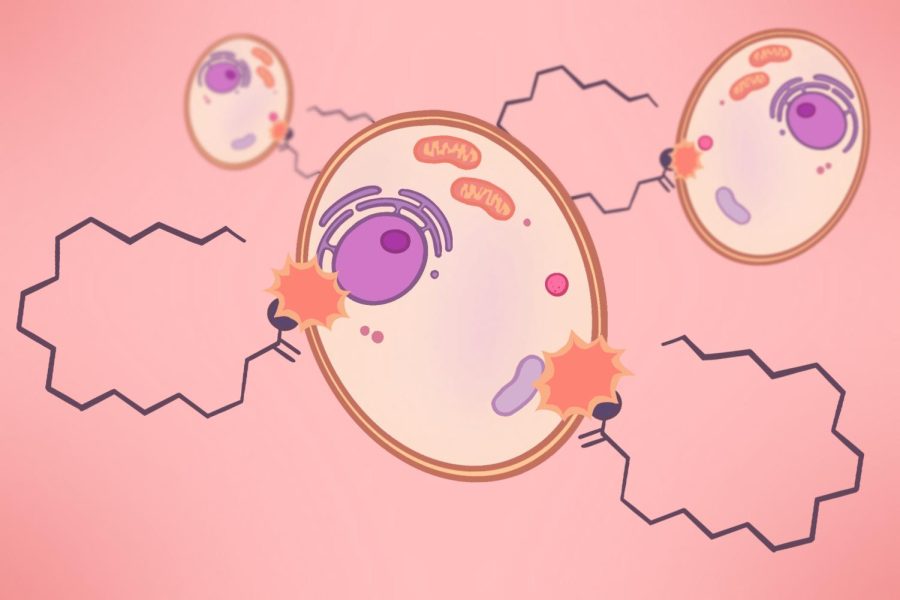
Fatty acid-induced cell death may fight cancer
DAVID HUTNER, Evergreen reporter
• September 16, 2022
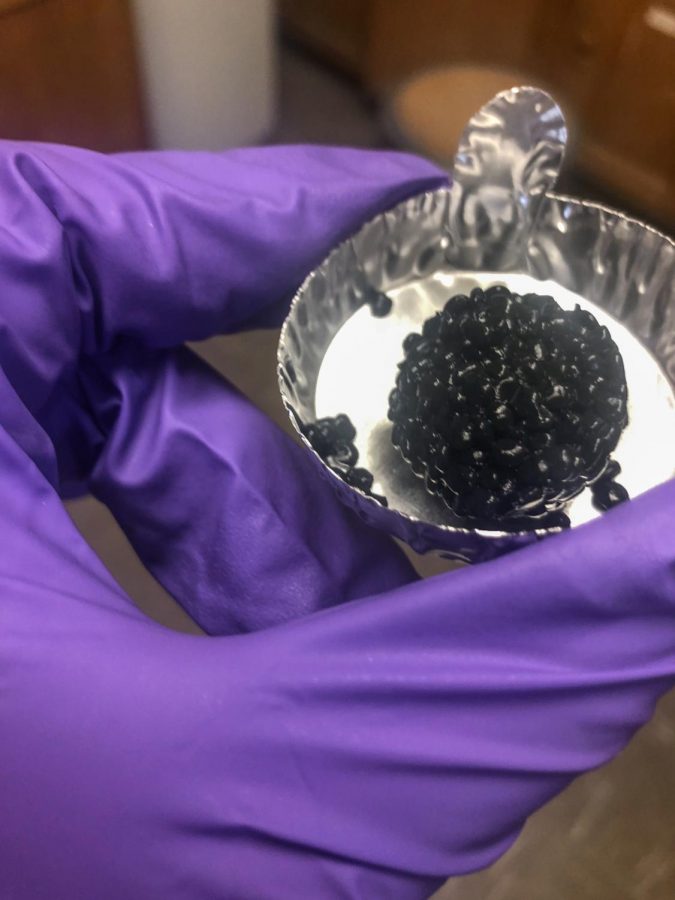
Researchers strengthen soil using environmentally-friendly bacterial ‘glue’
EMMA LEDBETTER, Evergreen news editor
• July 14, 2021

Study finds epigenetic modifications last multiple generations in toxin-adapted fish
EMMA LEDBETTER, Evergreen news editor
• July 2, 2021
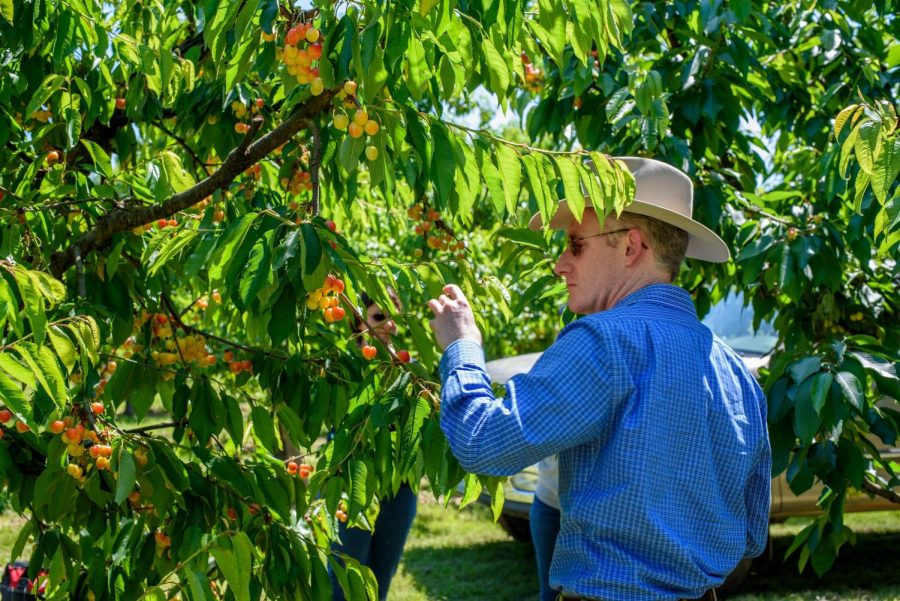
WSU tree researchers attempt to prevent Little Cherry Disease
EMMA LEDBETTER, Evergreen news editor
• August 28, 2020
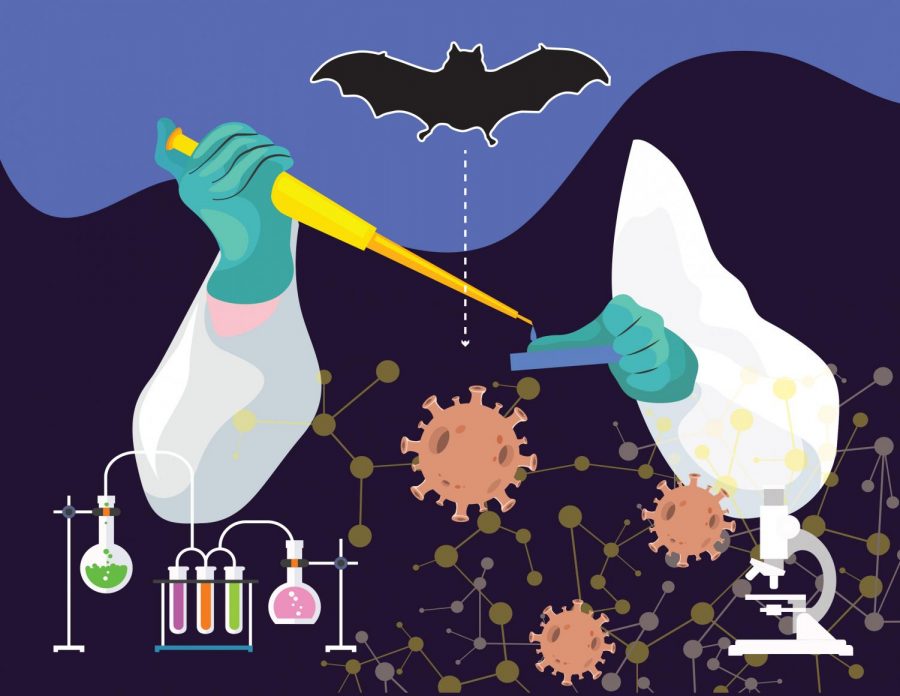
Bats must be studied more to understand transmission of viruses, researchers say
CHERYL AARNIO, Evergreen reporter
• July 20, 2020
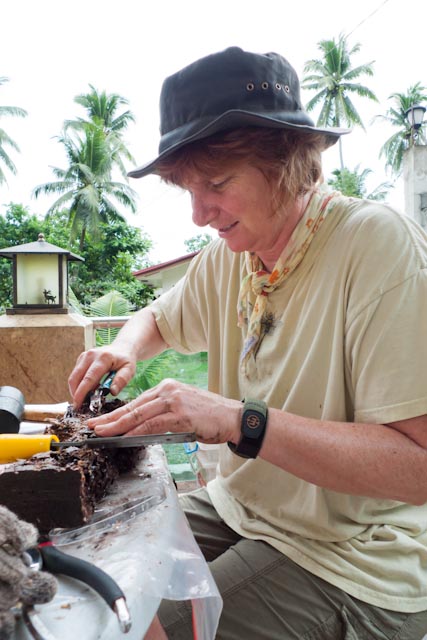
Bacterial compound may treat entire class of parasites
EMMA LEDBETTER, Evergreen news editor
• July 3, 2020

Wording of vaccine ads matter, WSU alumna says
BRADLEY GAMBLE, Evergreen reporter
• June 15, 2020

WSU urged to cease animal testing
MADYSEN MCLAIN, Evergreen roots editor
• April 8, 2020

MAPS supports minority students in pre-health
JOEL KEMEGUE, Evergreen mint editor
• April 7, 2020
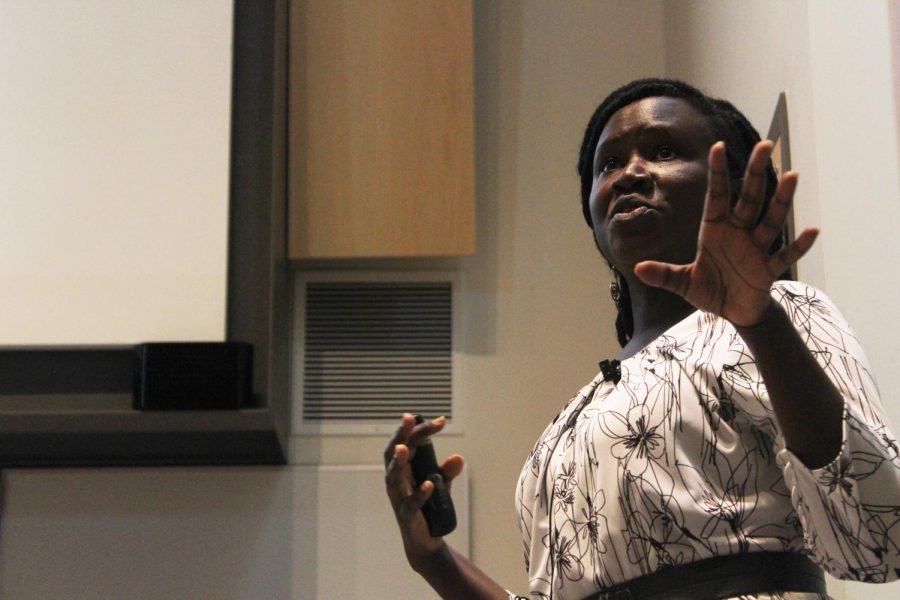
Antibiotics fail against resistant germs
JAKOB THORINGTON, Former Evergreen reporter
• February 26, 2020

Bacteria can be used to make nitrogen
TJ YOCKACHONIS
• February 25, 2020

Frozen leaves cause unusual taste in red wine
BROOKLYNN HILLEMANN
• February 20, 2020
Load More Stories






